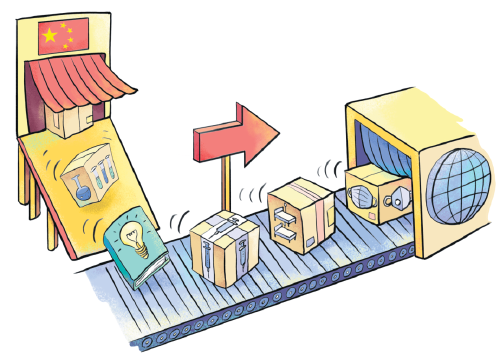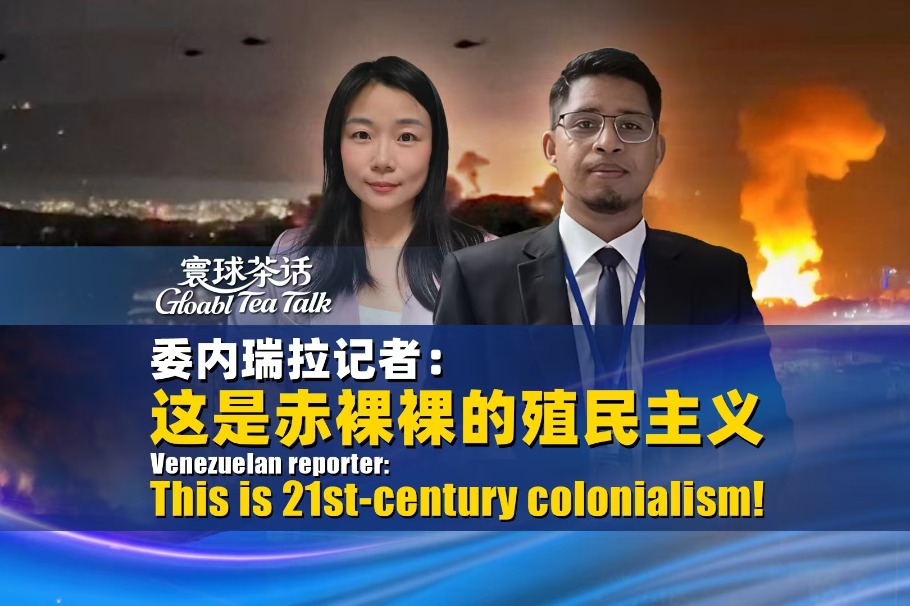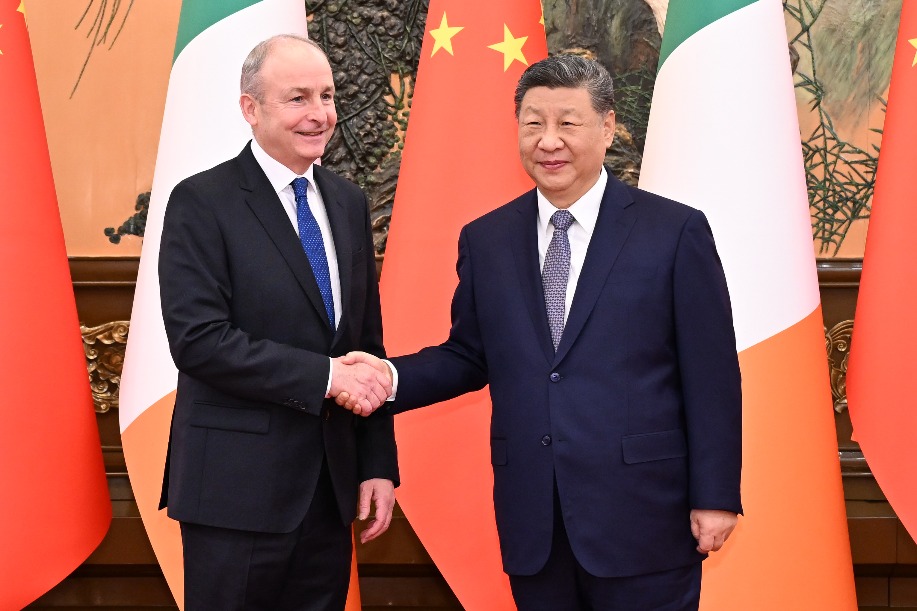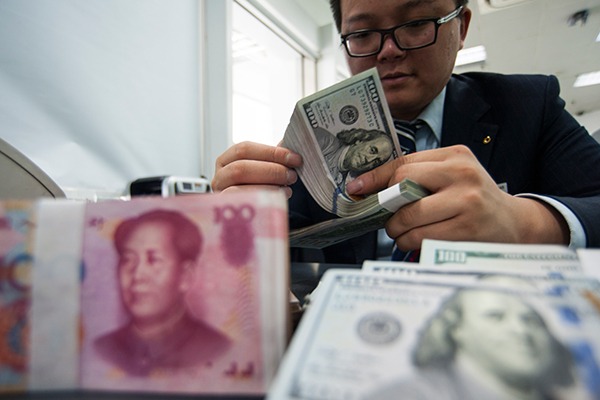Pushback against pandemic


Solidarity and cooperation build foundations for community of common health for mankind
By March 28, the novel coronavirus had spread to 199 countries and regions. Among the 597,179 confirmed cases of infection there had been 27,359 deaths, and more than 50 countries had declared a state of emergency. UN Secretary-General Antonio Guterres said on March 19: "We are facing a global health crisis unlike any in the 75-year history of the United Nations." Faced by a common enemy, countries must work with solidarity to deliver an urgent and coordinated global response.
President Xi Jinping said: "Human beings share one destiny. Solidarity and cooperation are the most powerful weapons in conquering threatening viruses." Currently, there is international cooperation to tackle the coronavirus pandemic, and international organizations such as the United Nations, the World Health Organization and the G20 are playing important roles. Most importantly, the idea of building a community of common health for mankind has been broadly accepted.
The idea of building a community of common health for mankind has originated from China.
Domestically, 1.4 billion people have jointly created a health community. Within only two months, the outbreak in China has been largely contained. As soon as the emergence of the novel coronavirus came to light, China adopted a whole nation approach. President Xi immediately prioritized people's lives and health, and put in place powerful measures to curb the spread of the epidemic and created a joint prevention and control mechanism.
Internationally, a community of common health for the world's 7.6 billion people is developing.
On March 12 President Xi had telephone conversations with UN Secretary-General Guterres, calling for urgent action in the form of a collective response by the international community, so as to form a strong concerted force to beat the globally spreading disease. On March 18, President Xi again stressed that China should strengthen international cooperation in pandemic prevention and control; work closely with the World Health Organization; deliver critical and scientific analysis and prediction of pandemic dynamics; improve prevention and control strategies and policy measures to address imported cases; strengthen cooperation and communication with relevant countries; and continue to offer help within its capacity.
To date the Chinese government has provided medical assistance to 82 countries and the World Health Organization and the African Union. In addition, Chinese health experts have held video conferences with experts in countries in the Pacific islands, Africa, Europe, Eurasia, South Asia, Latin America and the Caribbean. Moreover, China has facilitated international cooperation through providing pairing assistance, civilian aid and carrying out technology cooperation.
The notion of a community of common health for mankind, proposed by President Xi, is a significant theoretical innovation. It recognizes the concept of universal health coverage, meaning that health and well-being should be enjoyed not just by some people, but by all human beings, and accepts that the protection of health and well-being is a goal in itself, rather than a means to other political and economic ends. Furthermore, the idea also identifies the approach through which it can be achieved, namely the well-coordinated cooperation of every country, and denies the inevitability of a zero-sum game and the pursuit of individual national priority by major powers. The biggest theoretical innovation of this notion is that it places at the center the health of every individual human being.
The community of common health for mankind is also an important component of a community with a shared future for mankind. Or, to express this in a different way, it is the practice and embodiment of that shared destiny in a specific field. The virus has no passport, and does not discriminate on the grounds of race. Faced with this global public health crisis, the imperative for building a community with a shared future for mankind has become more prominent. Only by working together can the international community overcome the pandemic and safeguard the lives of people everywhere.
Moreover, establishing a human health community would be an important promoter of the United Nations Sustainable Development Goals. First of all, the idea is inherently aligned with Goal 3 of the SDGs-achieving "good health and well-being". Building a human health community is also conducive to achieving Goal 17-"partnerships for the goals".
It is high time to build a community of common health for mankind. In the past two months, China has taken thorough and strict prevention and control measures in a highly responsible manner. It has done so not only for the sake of Chinese people, but for the entire international community.
President Xi has held telephone discussions with foreign leaders and heads of international organizations on 25 occasions, and has attended a special video summit of the leaders of the G20 that was called in response to the outbreak.
China's actions provided valuable time and precious experience in the fight against the virus. The initiative of building a community of common health for mankind has won widespread approval from the international community. The WHO highly appreciates China's important role and contribution to global health, and is willing to continue strategic cooperation with China.
In this battle against the novel coronavirus, a human health community is emerging. China will continue to uphold the concept of a community with a shared future for mankind, and to contribute Chinese wisdom and Chinese solutions to the common interests of all humanity.
The author is the dean of the Institute of Contemporary China Studies at Tsinghua University. The author contributed this article to China Watch, a think tank powered by China Daily. The views do not necessarily reflect those of China Daily.

































